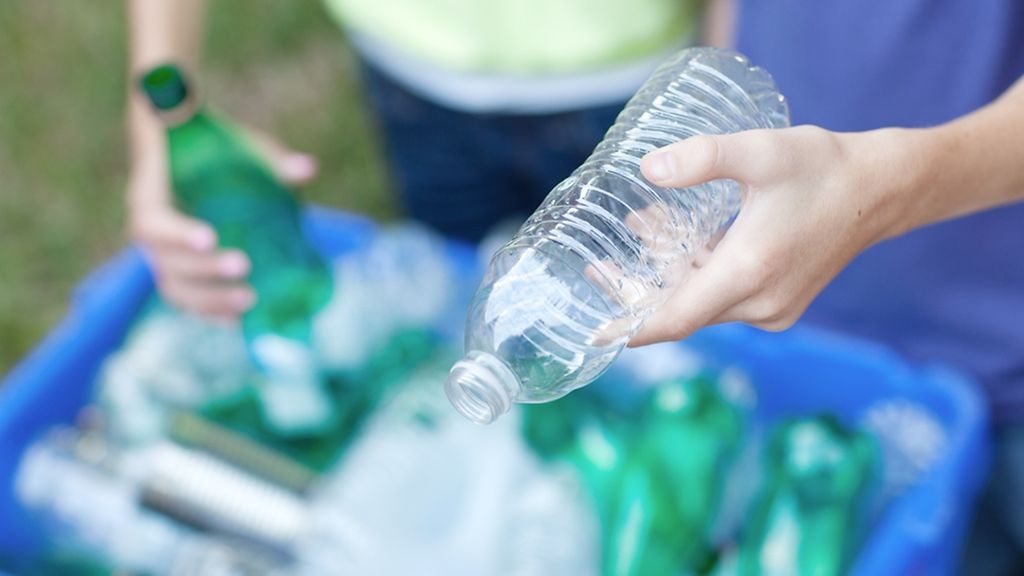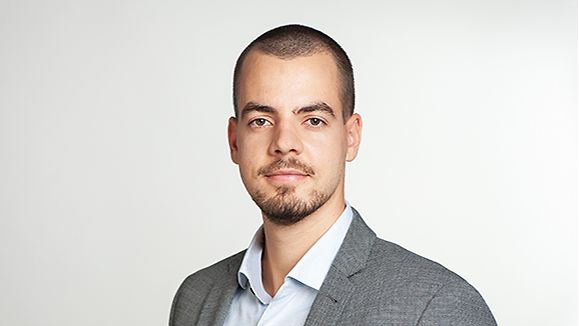Ambitious electrification targets and world-leading original equipmnt manufacturers infrastructure create a unique lithium-ion battery recycling market in Germany.
Germany's battery recycling industry
The European car industry is undergoing rapid technological transformation. Sales of battery electric vehicles (BEVs) and plug-in electric vehicles (PHEVs) have grown significantly. BEV and PHEV share of total vehicle sales will continue to rise and is expected to reach over 50 percent by 2030.
While EV sales figures are strongly increasing, the end-of-life treatment of lithium-ion EV batteries is still at an early stage. The materials inside lithium-ion EV batteries – including cobalt, nickel, manganese, and lithium – are finite resources currently only being produced by a handful of nations. Electric vehicle growth will see mining producers struggle to meet demand over the next two decades. Recycling the same materials from end-of life batteries can help the EV industry to address raw material shortages while creating a sustainable circular battery supply chain that promotes environmental sustainability in Europe.
Battery recycling market drivers
EU battery regulation
With comprehensive legislation covering the entire battery life cycle, the new EU battery regulation promotes a circular economy and fuels the demand for battery recycling in Germany. Measures foreseen include:
- A digital battery passport for light means of transport (LMT) batteries, industrial batteries and EV batteries
- Stricter waste collection targets: portable batteries 45 percent by 2023, 63 percent by 2027 and 73 percent by 2030; LMT batteries 51 percent by 2028 and 61 percent by 2031
- Minimum levels of materials recovered from waste batteries: lithium 50 percent by 2027 and 80 percent by 2031; cobalt, copper, lead and nickel 90 percent by 2027 and 95 percent by 2031
- Minimum levels of recycled content for new batteries: cobalt 16 percent, lead 85 percent, lithium 6 percent, nickel 6 percent by 2031; cobalt 26 percent, lead 85 percent, lithium 12 percent, nickel 15 percent by 2036
Raw materials sourcing market Germany
For battery recyclers, securing raw material supplies will be one of the most critical factors for battery recycling operations. Given difficulty and costs to transport end-of life batteries and scrap materials, close proximity to input markets is a key factor for battery recyclers. Currently the two main input sources constitute: production scrap materials (short-to medium-term, until 2030) and end of life batteries (long-term, from 2030 onwards).
In the short-term, Germany’s battery production ramp up, with announced gigafactory capacities of around 500 GWh until 2035 is projected to offer battery recyclers the largest European market to source cell production scrap material. In the long-term, Germany’s large existing stock of EVs and rapid BEV diffusion are projected to offer one of the largest markets to source of end-of-life EV batteries in Europe.
Opportunities for international companies in Germany
International investors can benefit from new opportunities in the German battery recycling market. The market offers numerous investment opportunities including the acquisition of existing recycling companies, establishing joint ventures with German partners and starting new businesses.
Lithium-ion battery recycling
Pre-treament facilities: build up of decentralized pre-processing plants where end-of-life batteries and production scrap materials are discharged, dismantled and further processed into black mass - usually by mechanical or thermal pre-treatment. Germany’s existing network of OEMs and gigafactories provides unique market opportunities for companies that provide the required technology.
Hydrometallurgical and pyrometallurgical recycling plants: describes a production plant where the black mass is further processed to maximally remove impurities and recover critical battery materials including copper, nickel manganese and lithium. Germany’s large chemical park infrastructure with over 35 chemical parks offers investors cost-efficient and unique investment locations with excellent infrastructure, chemical raw materials via pipelines, gases and steam via pipelines, and a stable and secure energy supply.
Battery re-use
Potential business models include second-life concepts such as remanufacturing or repurposing before subsequent recycling of obsolete traction batteries. The re-use of traction batteries may include some updating in the form of remanufacturing which requires industrial recovery standards. Such processes contain at least a partial disassembling and exchange of some components such as the weakest battery modules within a battery pack to regain full functionality.
Using remanufactured batteries as spare parts in the after-sales business can be of interest for original equipment manufacturers (OEMs). These business options can be performed best by OEMs or battery suppliers, but where he battery management system (BMS) is accessible to all stakeholders, independent remanufactures can also enter the market.
Germany Trade & Invest Success Story
The Australian based company Neometals Ltd. started a joint venture with the SMS group in Germany to demonstrate and commercialize an innovative lithium battery recycling process. The flagship project, Primobius, includes the construction of a showcase demonstration plant. Germany Trade & Invest provided investor support and site selection services to Neometals.
GTAI spoke to Jeremy McManus, General Manager, Commercial and Investor Relations of Neometals about market outlooks and the company's decision to start operations in Germany.
Read the full interview here.

